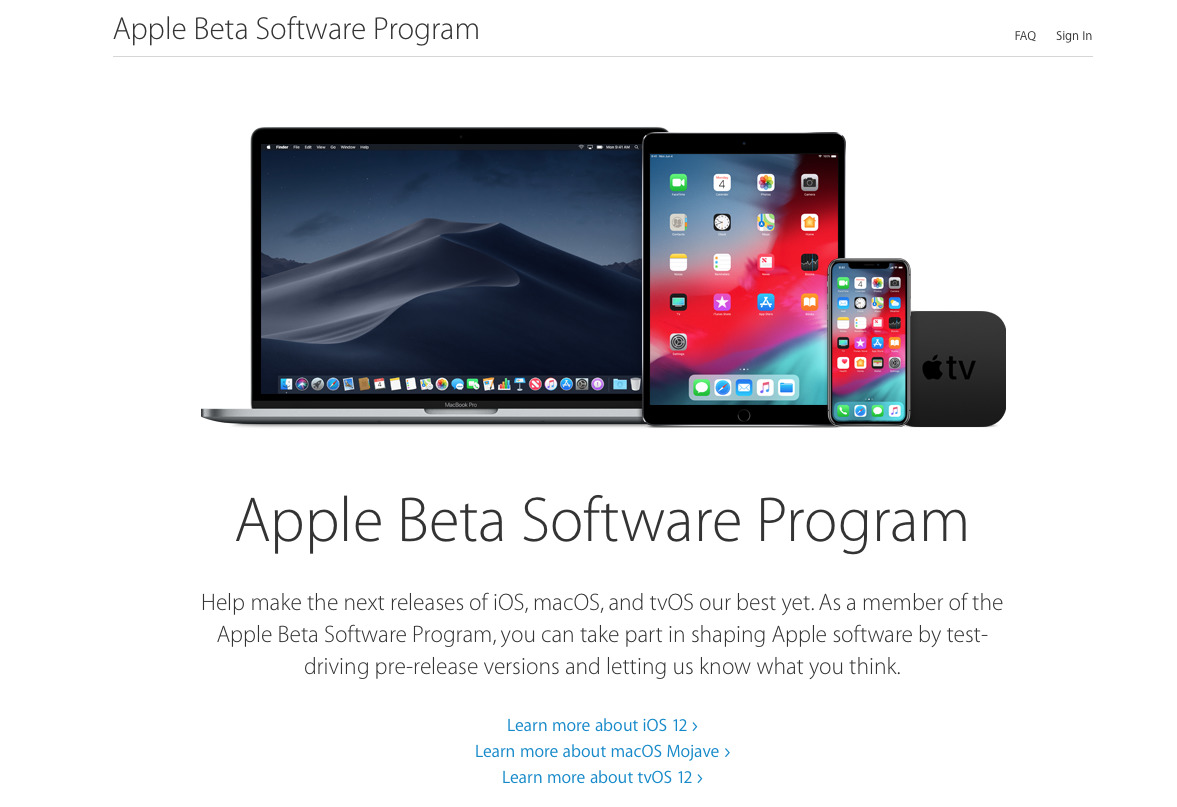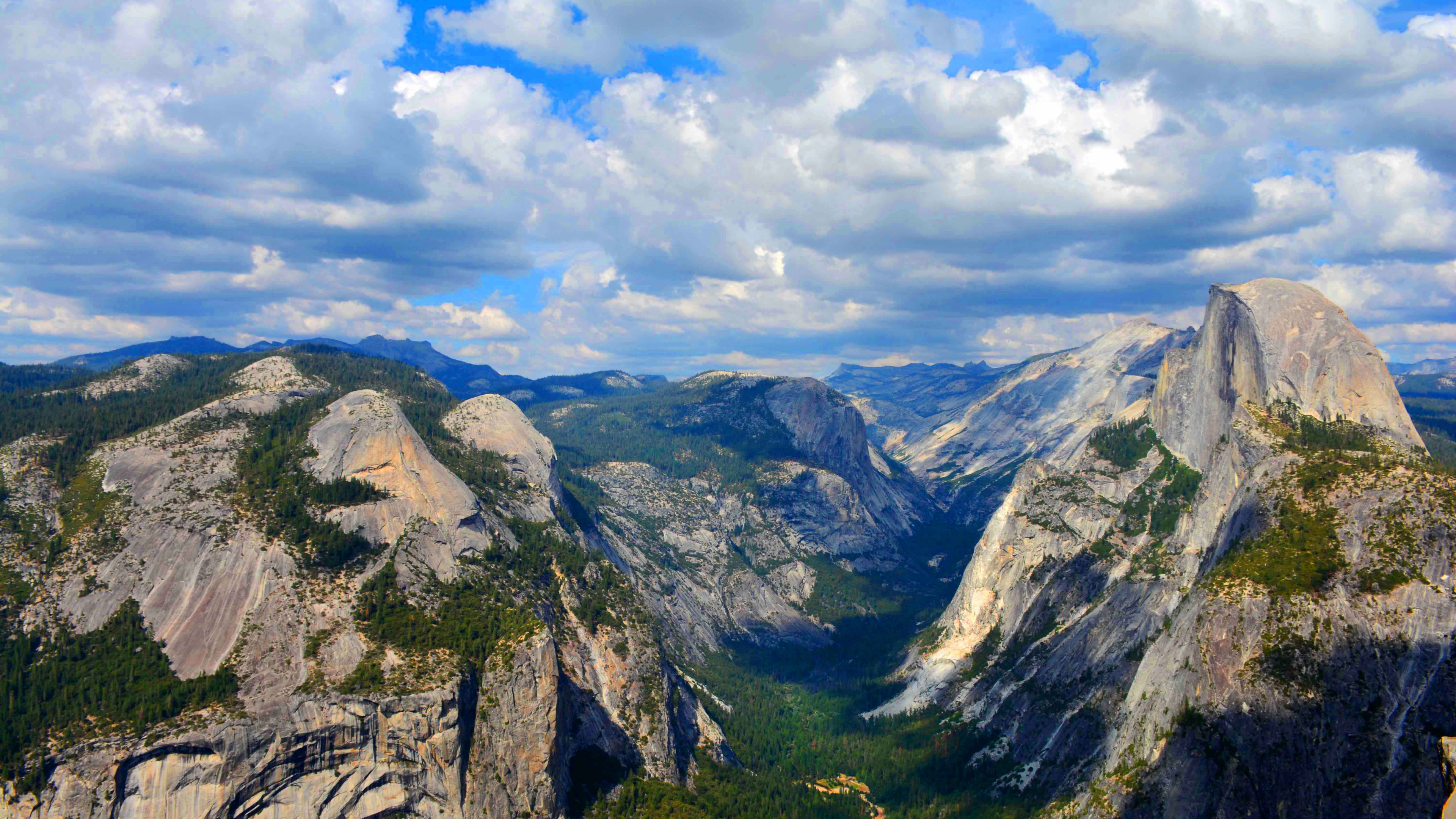- Os X El Capitan 10.11
- El Capitan Patcher Tool For Unsupported Macs
- El Capitan Unsupported Mac Dosdude
- El Capitan Mac Upgrade
- Upgrade To Os X El Capitan
Question or issue on macOS:
Sep 27, 2015 El Capitan support for unsupported hardware is here! A little over a month ago I blogged about El Capitan support for macosxbootloader and today, after 80 hours of research and development, I released two versions of boot.efi for El Capitan. One with a black background and a white Apple logo, and another one with a grey background and Apple logo.
Version 10.11: 'El Capitan' OS X El Capitan was revealed on June 8, 2015, during the WWDC keynote speech. It was made available as a public beta in July and was made available publicly on September 30, 2015. Apple described this release as containing 'Refinements to the Mac Experience' and 'Improvements to System Performance' rather than new. OS X Yosemite on Unsupported Macs. MacOS Extractor, OS X Patcher, and MacPostFactor are apps that guide you through patching and installing OS X El Capitan (10.11), Yosemite (10.10), Mavericks(10.9), or Mountain Lion (10.8) on your older Mac.
Following the solutions online for Major Minor version of Java being incorrect on El Capitan, I saw several solutions which made you either disable rootless, which i didn’t like the sound of, or just didn’t work anymore in OS X El Capitan.
How to solve this problem?

Mac Os El Capitan Patcher Tool For Unsupported Macs Approximately 90% of all Macs were eligible to upgrade to El Capitan when the operating system launched on Sept. El Capitan will run on the same Macs that have run Yosemite, Mavericks, 2012's Mountain Lion and 2011's Lion. 3 thoughts on “ fixed: install OSX 10.11 ElCapitan on unsupported Macs ” TopHatProductions115 on at 17:55 said: Sounds like a plan – I’ll see if I can get my black Macbook 4,1 to run in style!
Solution no. 1:
When trying to run webdriver-manager start on El Capitan, you may get an error saying:
The recommended fix for this online is to change the symlink that Mac OS X has to Java, which you can find by running echo $JAVA_HOME in the terminal.
This is pointing to the incorrect folder, and the error is because the application was compiled with a higher version of JRE than the machine is running in the terminal.
Os X El Capitan 10.11
You should go to Oracle, and download the latest JRE version (http://www.oracle.com/technetwork/java/javase/downloads/jre8-downloads-2133155.html)
After this has been installed, you will have Java 8 on your machine, but it will not update the terminal properly. If you run java -version in your terminal, you’ll see Java Version '1.6', you want this to say Java Version '1.8'. The previous way to do this was to change the symlink manually, however, since El Capitan, Apple have made certain folders unchangable even to admin users, with their Rootless install. This includes the /usr folder.

El Capitan Patcher Tool For Unsupported Macs
There are two ways to fix this, the first is dangerous, and what everyone else seems to recommend. The second, is safer, and what I am putting here.
If you go to your System Preferences -> Java -> Java -> View... -> System and copy the Path field.

It will look something similar to the following:
/Library/Internet Plug-Ins/JavaAppletPlugin.plugin/Contents/Home/bin/java
We want most of this path, except the /bin/java on the end.
So your path should now be copied as:
/Library/Internet Plug-Ins/JavaAppletPlugin.plugin/Contents/Home
Run the following command in the terminal, replacing [PATH] with the path you have from above.
export JAVA_HOME='[PATH]'
and run that in the terminal.
Afterwards, run java -version again, and it should now say Java Version '1.8'
Now, webdriver-manager start should succeed.
Solution no. 2:
Adding the following line to ~/.bash_profile worked for me:
You might have to restart your shell for these changes to reflect or just run:
Hope this helps!

To get the latest features and maintain the security, stability, compatibility, and performance of your Mac, it's important to keep your software up to date. Apple recommends that you always use the latest macOS that is compatible with your Mac.
Learn how to upgrade to macOS Big Sur, the latest version of macOS.
Check compatibility
The version of macOS that came with your Mac is the earliest version it can use. For example, if your Mac came with macOS Big Sur, it will not accept installation of macOS Catalina or earlier.
If a macOS can't be used on your Mac, the App Store or installer will let you know. For example, it might say that it's not compatible with this device or is too old to be opened on this version of macOS. To confirm compatibility before downloading, check the minimum hardware requirements:
- macOS Catalina 10.15 hardware requirements
- macOS Mojave 10.14 hardware requirements
- macOS High Sierra 10.13 hardware requirements
- macOS Sierra 10.12 hardware requirements
- OS X El Capitan 10.11 hardware requirements
- OS X Yosemite 10.10 hardware requirements
Download macOS using Safari on your Mac
El Capitan Unsupported Mac Dosdude
Safari uses these links to find the old installers in the App Store. After downloading from the App Store, the installer opens automatically.
El Capitan Mac Upgrade
- macOS Catalina 10.15 can upgrade Mojave, High Sierra, Sierra, El Capitan, Yosemite, Mavericks
- macOS Mojave 10.14 can upgrade High Sierra, Sierra, El Capitan, Yosemite, Mavericks, Mountain Lion
- macOS High Sierra 10.13 can upgrade Sierra, El Capitan, Yosemite, Mavericks, Mountain Lion
Safari downloads the following older installers as a disk image named InstallOS.dmg or InstallMacOSX.dmg. Open the disk image, then open the .pkg installer inside the disk image. It installs an app named Install [Version Name]. Open that app from your Applications folder to begin installing the operating system.
Upgrade To Os X El Capitan
- macOS Sierra 10.12 can upgrade El Capitan, Yosemite, Mavericks, Mountain Lion, or Lion
- OS X El Capitan 10.11 can upgrade Yosemite, Mavericks, Mountain Lion, Lion, or Snow Leopard
- OS X Yosemite 10.10can upgrade Mavericks, Mountain Lion, Lion, or Snow Leopard